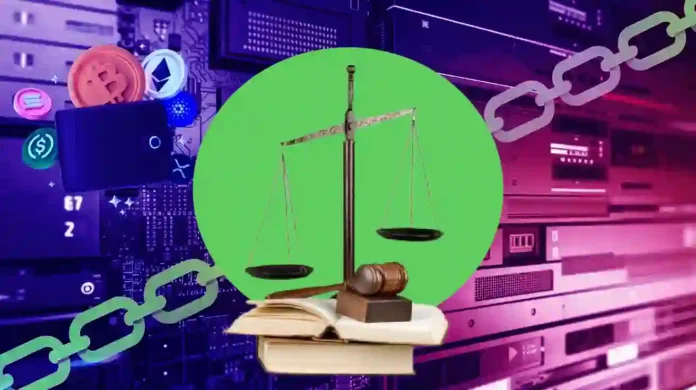Arizona is making bold strides in cryptocurrency regulation, with a new bill advancing that would safeguard the rights of residents to engage in Bitcoin mining and blockchain-related computing from their homes.
House Bill 2342 (HB 2342), introduced earlier this year by Representative Teresa Martinez (R), has passed through both chambers of the state legislature and now awaits the signature of Governor Katie Hobbs. The bill narrowly passed the Arizona Senate in a 17–12 vote on Thursday.
The legislation is designed to preempt local governments from restricting or zoning out crypto mining or blockchain node operations at private residences. By framing computational power usage as a matter of “statewide concern,” the bill effectively removes the authority of cities and counties to regulate such activities, as long as they are conducted within private properties.
While the bill’s primary focus is on crypto mining and blockchain activity, its language is broad. It defines “computational power” in a way that also covers artificial intelligence tasks, cloud computing, and high-performance scientific computing—all potentially conducted from home-based setups.
Arizona’s move reflects a broader strategy to establish the state as a welcoming hub for digital asset innovation. The state has taken a forward-looking approach to both individual rights in the digital economy and potential state-level investments in crypto.
In addition to HB 2342, Arizona lawmakers have introduced two other major pieces of legislation: the Strategic Digital Assets Reserve Bill (SB 1373) and the Arizona Strategic Bitcoin Reserve Act (SB 1025). If approved, these proposals would allow Arizona to hold Bitcoin and other digital assets in state-controlled reserves. This could be done either through using confiscated crypto funds or by investing a portion—up to 10%—of the state’s treasury or retirement funds in Bitcoin.
Arizona isn’t the only state exploring this path, but it’s currently leading the pack. According to the Bitcoin Laws’ reserve bill tracker, 26 states have introduced some form of legislation to create a Bitcoin reserve, but Arizona is the closest to making it law.
Other states are watching closely. Texas passed a Senate version of its Bitcoin reserve bill (SB-21) in March, and Oklahoma’s HB 1203 passed its House by a wide margin and is pending a Senate decision. Kentucky, meanwhile, has opted for a different route, enacting HB 701 to safeguard the use of self-custodied crypto and to clarify that mining and staking activities are not considered securities or forms of money transmission.
As Arizona’s HB 2342 awaits the governor’s decision, the state is poised to become a pioneer in not just allowing—but actively protecting—residents’ rights to participate in decentralized technologies from the comfort of their homes.


